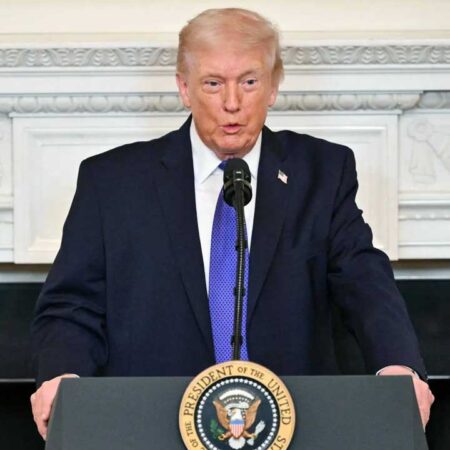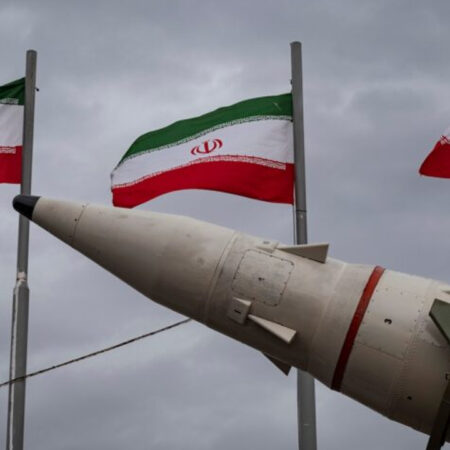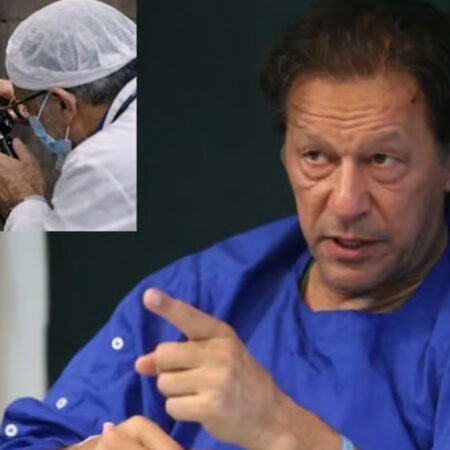The Economic Coordination Committee of the Cabinet (ECC) has implemented new measures to keep an eye on the issue, according to Finance Minister Muhammad Aurangzeb, who stated on Saturday that the people should profit from the decrease in inflation.
On Thursday, Pakistan’s consumer price index (CPI) inflation rate continued its steep downward trend, falling to a three-decade low of 0.7% year-over-year (YoY) in March.
Disinflation, or a reduction in inflation, is reflected in Pakistan’s current circumstances. Deflation, on the other hand, happens when overall prices fall.
“[The benefits of] the reduction in inflation should be passed on to the people,” Aurangzeb stated during a news conference held in Islamabad on Saturday. To lower inflation, the ECC is taking action.
“The ECC has taken new measures to monitor the situation, and it is keeping a special eye on inflation,” he continued.
He denied claims that an International Monetary Fund (IMF) team was in town at the moment and emphasized that one would arrive in mid-May. A delegation from Pakistan would travel to the United States to discuss the increased taxes, he added.
The finance minister expressed hope that the current tariff issue could be resolved in a way that benefits both the US and Pakistan.
The minister also noted that the interest rate has significantly decreased and that more reductions may be possible.
After being cut by 1,000 basis points from 22 percent since June 2024 in six consecutive periods, the central bank’s policy rate is currently 12 percent.
Additionally, Aurangzeb pledged to introduce a system that would allow salaried individuals to pay their own taxes in the next fiscal year.
According to state-run Radio Pakistan, he stated that macroeconomic stability has been attained in Pakistan.
He asserted that we must alter the economic structure and not waste this chance. He emphasized that every industry should export, and Radio Pakistan noted that he was pleased that the auto industry had begun exporting in the last two months.
According to Aurangzeb, in order to make the current IMF program the final one, the government is implementing fundamental changes.
Regarding taxes, the finance minister stated that by the conclusion of current fiscal year, the tax to GDP ratio should reach 10.6 percent, a 1.8 percent increase in just one year. According to the newspaper, he stated that the tax to GDP ratio would be reduced to 13.5 percent.
He emphasized that they are broadening the tax base and stated that the Federal Bureau of Revenue’s (FBR) revenue collection will rise by 32.5 percent this year.
He emphasized that the amount collected from the dealers was Rs413 billion, an increase from Rs189 billion the previous year. He said that the public broadcaster had also collected 105 billion rupees from new tax filers.












No Comment! Be the first one.